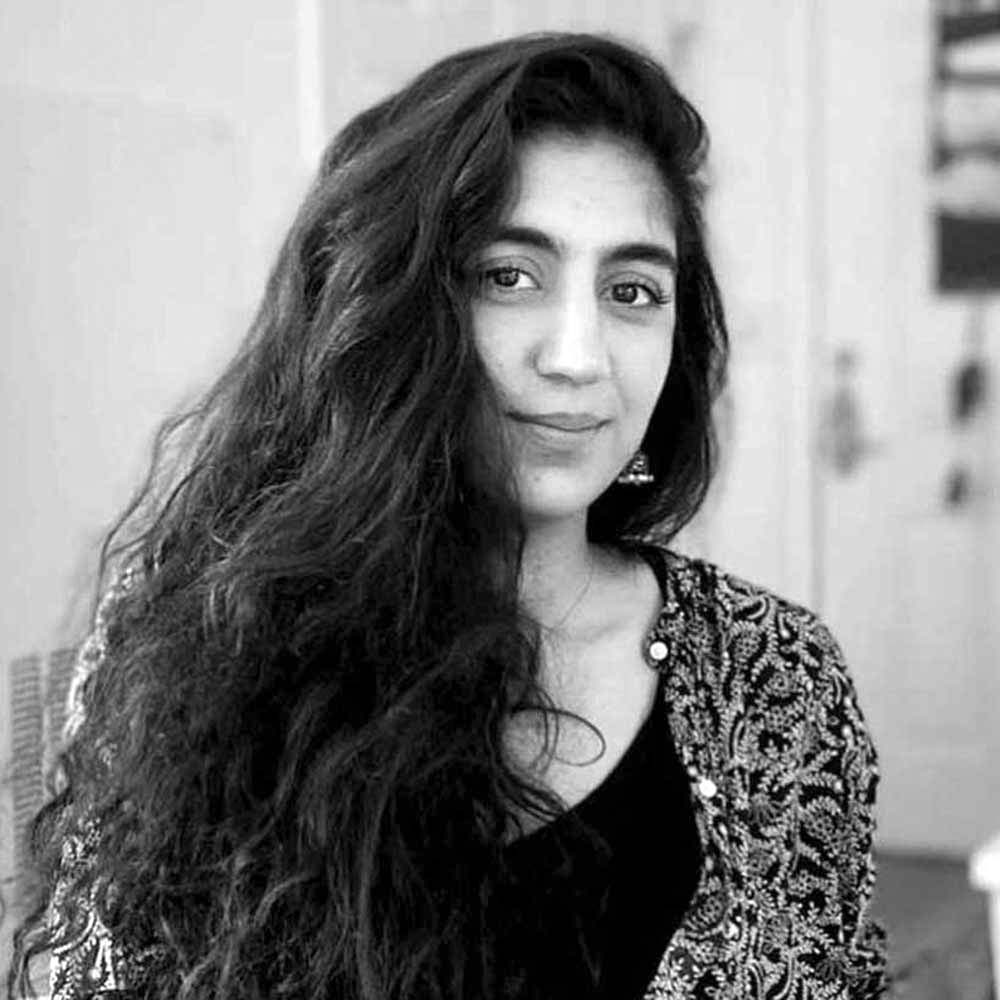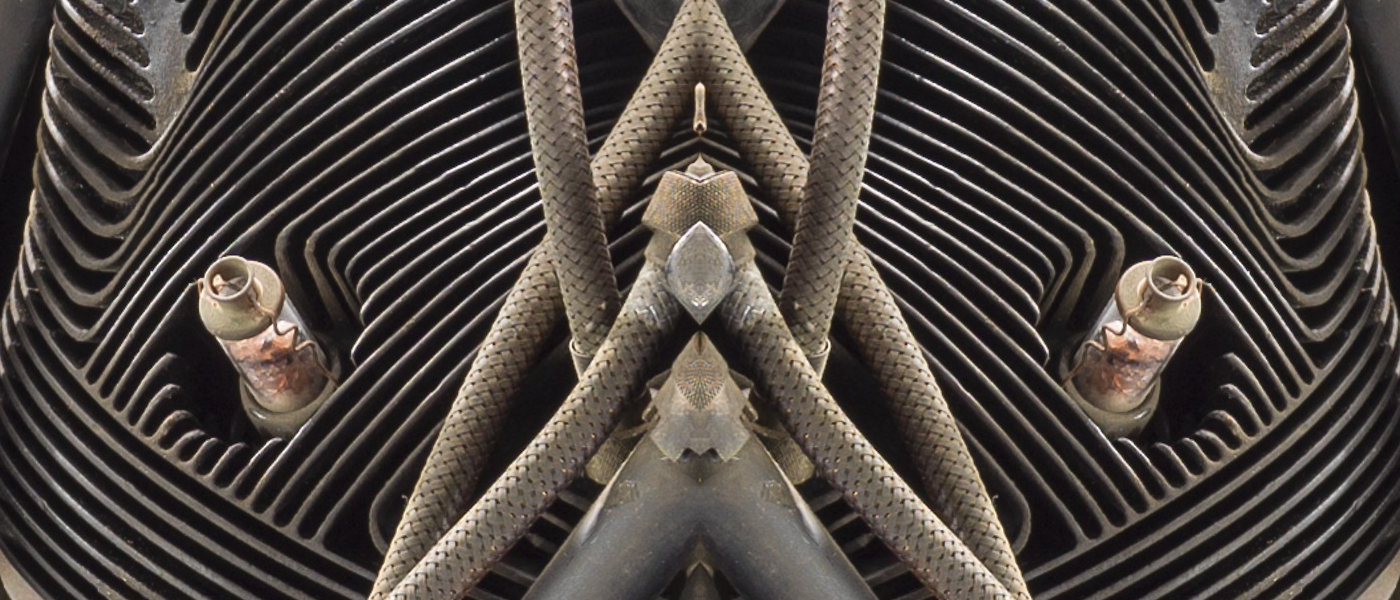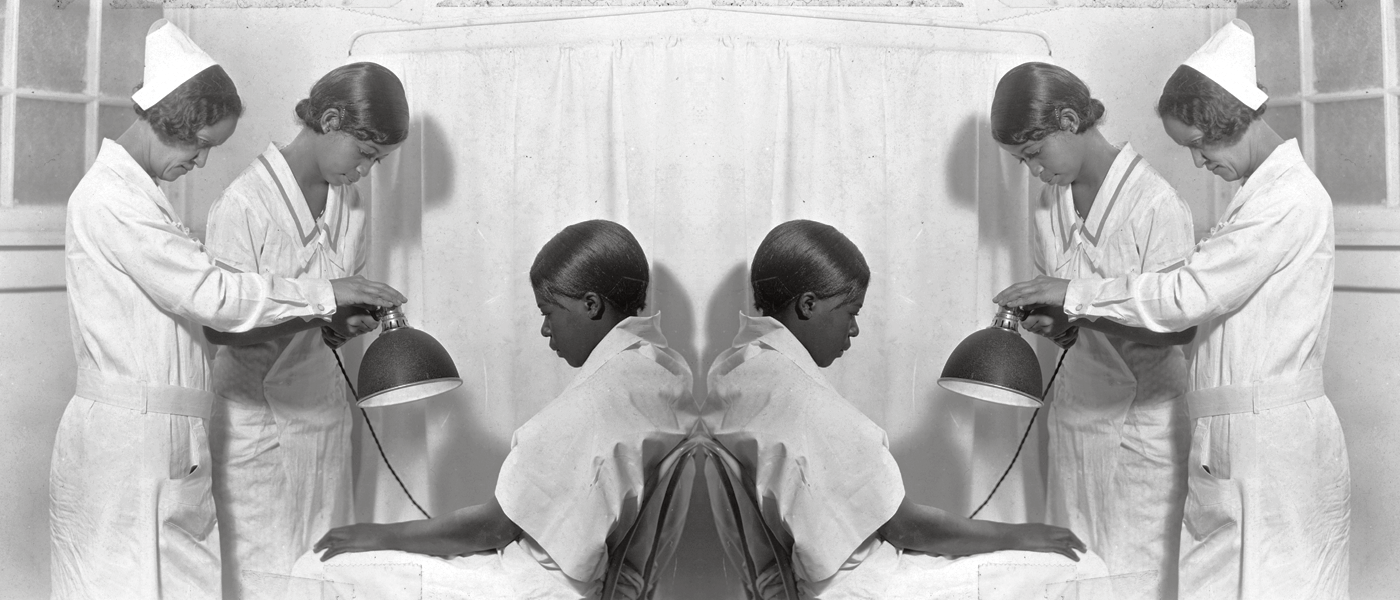Humza went to school with me in Kohat. We were always competing with each other for the first position in class. His father was in the army, and he’d just gotten posted to our town in the fifth grade. He had read all the Harry Potter books and I hadn’t, and silently receiving this information I’d gone back home and told my father to ask a medical rep to get me the whole set from Peshawar. I read all of them quickly, spending every evening in the lounge while my brothers and their guy friends played cricket on the road outside our house. In our small city, you were always looking for English books, and you could never find them; this was the beginning of the tension between us, Humza and I. Then he left for Cadet College, Kohat when we were in the seventh grade, and I wished that I could go too, to pass that famously difficult entry test and show everyone that I was also smart, but like most boarding schools it was only for boys. Humza was so happy because if anything, this was the stamp of success, to go to one of the best schools in the country — or at least that is what we were told.
I didn’t see him for six years after that, until my sophomore year in college when he entered as a freshman and I ran into him in the courtyard of the Academic Block. The Board System in Cadet College required an extra year of education, unlike the Cambridge O/A Level system, he explained when I asked him why he was a freshman in what was supposed to be our sophomore year. I knew he wasn’t behind me in an educational way, after all we were both in the “best” university in the country. He had topped the board exams in school twice, regionally at least. And yet he was a year behind me, and it gave me such satisfaction: why did I feel such power even when I knew that I had my power not because of my hard work but because of a certain privilege?
Power is power, it doesn’t matter whether you earn it, I thought as I walked away from him in the courtyard, and it always feels good as long as you are not shamed for that power publicly. But…then I thought…was he the one with the power or I? His father was in the army — I need not say more. My mother always told me that army people didn’t have huge incomes, but, she said, they had a lot of “facilities” like a free driver, a servant called batman and other such oddities. And then, Humza was a boy. He could go anywhere he wanted, to the dirtiest and oldest bazaars; he could play pool at random clubs, have chai on roadside dhabbas, not worry about how revealing his clothes were, go to famous boarding schools…How did I have more power here? But it felt like I did…how, I don’t know…
Humza added me on Facebook and we began talking to each other. This is how the chai sessions in the evenings began. At the time I was quite insecure even though, now that I think of it, I didn’t have much reason to be. I was bubbly, high energy, easy to talk to, and perhaps the main thing my self esteem rested on healthily at the time was that I never doubted that I was interesting. But certain events from my teens — casual mistreatments at the hands of teenage boys — had convinced me that there was something unspeakably wrong with me, unspeakable because there was nothing apparently wrong; I understood that I was conventionally pretty — I realized that perhaps few boys would like me just for my looks but I knew that my looks wouldn’t necessarily get in my way if a boy was inclined to like me. Given these facts, I was often quite astounded that men rarely fell hither and thither at my feet, whereas my friends always had someone or other pursuing them. I wouldn’t say that Humza’s attentions were unwelcome, I don’t think I could say that they were, and we quickly approached that point in our friendship where he would message me every day and that happy constancy felt like something was right in the world.
In real life, however, I was a little more reluctant to meet him, and no it wasn’t that I was ashamed to hang out with him or didn’t think he was cool enough or anything like that — no, Humza was nice and decent and you saw it in the way he spoke and in his shy hesitancy that was in fact a sign of confidence: his shyness said, hello, my shyness is so shy because I want you to feel confident in my presence. I am safe. You will be fine. I am here to give you power. And so around him, someone like me felt very much at ease; I always had a weakness for having others acknowledge that I was in fact a little better than them in one way or the other — I will refrain from doing a Freudian analysis as to why such a thing in my psyche came about. One can go on and on about how my parents put me on a pedestal as an “ideal child,” but frankly I’ve heard so much of this kind of stuff from so many people that it has ceased to become interesting in anyone, really, or maybe I am being harsh. In university, Humza and I had both stopped reading and just as books had once been the glue of our friendship as children, our abandoning of them as adults brought us together, that mix of nostalgia, guilt, a loss of who we thought we were while seeing no evidence of it in the present, some lost potential that felt ephemeral in its very potentiality because after all, in a way we had succeeded in the world, fulfilled a certain potential, just not the one that we had envisioned. Once, late in the evening, when we were sitting on those dewy green benches by the library that were hidden under the fat lemon trees, when we could barely hear each other over the birds screaming, we talked so much about our college freedoms, where we, as men and women, could meet anytime we wanted, and I asked him,
“Do you think my hair looks better when it’s in a bun, or when it’s open?”
and he blushed severely, taking the longest time to reply, only to say,
“You understand these things better than I do.”
“You know,” I remember saying to him,
“My favorite thing about you is that you know your place.”
“Yes,” he said, “Thank God us commoners have you to put us in it.”
My only problem with Humza was his friends, and not in the way you’d think. I don’t mean the friends he made at the university — I mean his friends from Cadet College who were also now at the university and walked everywhere together as one group in shalwar kameez like a swarm of bees.
During one of these chai sessions, a year after our meeting by the library, we were having our paper cup chai when he started talking about my father, and perhaps it was my familiarity with him in the present that made me completely forget that once, we had known each other in a very different way. Humza’s father and mother were the only couple that my parents had socialized with as a mixed group. Usually, my father would receive his doctor friends in the drawing room while my mother and I hung out with the wife and children in the lounge. But it had been different with them. With Humza’s parents, we would all sit in the lounge; my mother would serve everyone chai and biscuits and Jimmy Uncle would loudly make jokes, reminiscing about his college days with my father, saying things like,
“Ahh your father, Brekhna, he was our village boy! We used to tease him if he knew what electricity was, and he would get so angry, screaming I know what it is! I know!”
Perhaps our relationship with Jimmy Uncle had been different because he wasn’t from Kohat. I’d found it funny that my father was friends with an army doctor when he had always spoken so derogatively about their lack of skills as physicians. I had liked that my father called him Jimmy. It made me feel like we were very modern people with friends who had English nicknames. It was particularly gratifying to see this in my father, who hadn’t ever even worn pants and shirts because they made him feel too shy and exposed.
When Jimmy Uncle died in seventh grade, Humza’s mother started sending messages to my father that were undeniably flirtatious, but we didn’t know it was her because she used a different number — only when my mother made my father trace the number did we find that it was her. Of course, Humza had no idea about any of this. As a child, I had thought that Jameela Aunty’s behavior was repulsive, but as an adult I admired her bravery to be that way, especially in Kohat. After her husband had died, Jameela Aunty was seen to be having a rad time all about Kohat. She started driving, got a haircut, started wearing capris, sunglasses — she looked like a model, happier than ever. Perhaps this is why I so easily trusted Humza; he had let his mother be that way.
I put my cup on the bench beside me, and in English Humza said,
“I’ve never really brought this up before because when my father died, for a long time I didn’t want people’s pity, but now I want to be sympathized with all the time, so I’ll bring it up to you after all. I’m sorry about your father, Brekhna. We all heard about it in Cadet College when it happened, we were giving our final exams for Ninth I think — I’m sure you had exams at that time too. He was such a respected man, an excellent doctor, but you know this. It’s funny how the same thing happened to both of us only a few years apart.”
We always switched to English when we talked about these things — it was a buffer between us, creating an illusion of distance that we needed because the closeness of sitting on the same bench every evening was much too much intimacy for us — our friendship needed this facade to justify that we weren’t doing anything wrong, that in fact we were innocent of lesser intentions, that we were pure.
“Thank you,” I said, “It is very nice the way you put it.”
“How do you feel about going to dinner with my boys on Friday?” he asked. “It’s weird that we all haven’t hung out together. They know you’re my friend, and Mom is always asking about you as well.”
I told him that I’d be delighted.
I felt like I was made of breasts.
“Alaka let’s get Mutton Karhai,” one of the boys was chirping. “Scene On!”
We sat together, a long table of white shalwar kameez and one me, my first time at Butt Karhai — I felt like I was fulfilling some rite of passage. I had worn white too because it was fail-proof, because I had suspected this from the bees. They treated me with such ceremony, opening doors, pulling out chairs, blushing as they spoke to me. And every now and then in speaking to me they would clear their throat mid-sentence,
“Sorry my English isn’t that good.”
“Bhainchod, even your Urdu is not good —” Naimat replied.
Naimat turned so red that I wanted the floor to open up and swallow me. He stopped himself and apologized for his language. He wasn’t used to being around ladies, he said.
“We don’t have Humza’s game, you know. Girls see us and run in the opposite direction … I’m always telling Zalaan here that we should have learned this English. It impresses girls a lot.”
“Shut up yaar, Brekhna is judging us. We should speak properly,” Zalaan got up, and with an affected British accent he said, “Excuuse mee, please.”
“So Brekhna, speak Pakhto come on. Come on talk in pashto in front of us,” Naimat said.
“No no, we have to make Humza ask her, then she will do it.”
Humza and I had never acknowledged feelings for each other. Clearly, I had been discussed often amongst the boys, and in this game they considered me caught. Now I knew that if such an event came about, if Humza ever confessed, I would never acknowledge my feelings. I would be damned if I did.
For the rest of the dinner I remained relatively quiet, which I am sure was unlike me, and which I knew Humza secretly preferred, though that was not the reason I remained so. I laughed when I was supposed to, and Humza couldn’t stop smiling throughout. Throughout the dinner he remained red in the face and laughed and slapped his friends on the back and in the end Naimat said,
“This dinner is on me! For Humza Bhai, and Brekhna Bhabi!”
“No. This is my treat!” Humza competed, and paid, god knows how many thousand rupees for our dinner, which I knew he could not afford to afford.
When we got back to campus, they all dropped me off together at the girl’s hostel and Humza went off with them, together in the night, walking under yellow light. I also walked to my building, I walked in the shade of our hostel’s familiar trees, and when I looked up in the night the stars were so full in the sky that I began to look for the sky in the sky.
I sensed that in each other’s presence, they all thought I had power, self consciously correcting their English, apologizing constantly, making a scene, a jolly performance out of it so that it was me who was embarrassed. How dare I have something they did not? They were men, yes, everything belonged to them, all of it. And what did I think? I questioned why, after all, I had always had better English than my brothers. I had grown up in Kohat too, my grandfather had been a truck driver. Like Humza, many of his friends were from families that were both wealthier and more educated than mine, but while they had spent their childhood playing with whomever they liked on the road, cricket with boys from the other street, running around and sweating in the heat while I watched them from my window, saw them delighting in their bright roughness, speaking in “tu ye, tu woh,” I had stayed home and learned all my English from books, and waited each day for their ball to accidentally land in our garden so that I could run and fetch it, so I could throw it back over the wall and finally be a part of their game.




